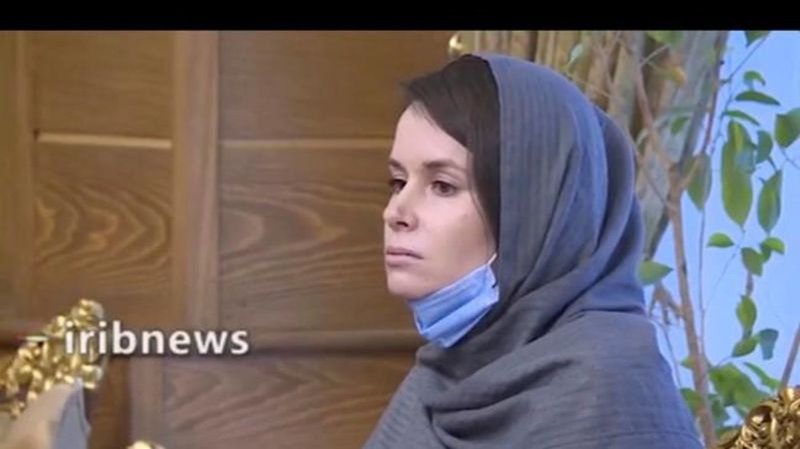
Iran says British-Australian academic freed for 3 Iranians
TEHRAN, Iran — Iran on Wednesday freed a British-Australian academic who had been detained in the country for over two years, in exchange for three Iranians held abroad, state TV announced.
The television report was scant on detail, saying only that the three Iranians freed in the swap had been imprisoned for trying to bypass sanctions on Iran.
Kylie Moore-Gilbert, 33, was a Melbourne University lecturer on Middle Eastern studies when she was picked up at the Tehran airport while trying to leave the country after attending an academic conference in 2018. She was sent to Tehran’s Evin prison, convicted of spying and sentenced to 10 years behind bars. Moore-Gilbert had vehemently denied the charges and maintained her innocence.
She was one of several Westerners held in Iran on widely criticized espionage charges that activists and U.N. investigators believe is a systematic effort to leverage their imprisonments for money or influence in negotiations with the West, which Tehran denies. Moore-Gilbert wrote in a series of letters to Australia’s Prime Minister Scott Morrison detailing her plight that she had been imprisoned “to extort” the Australian government.


